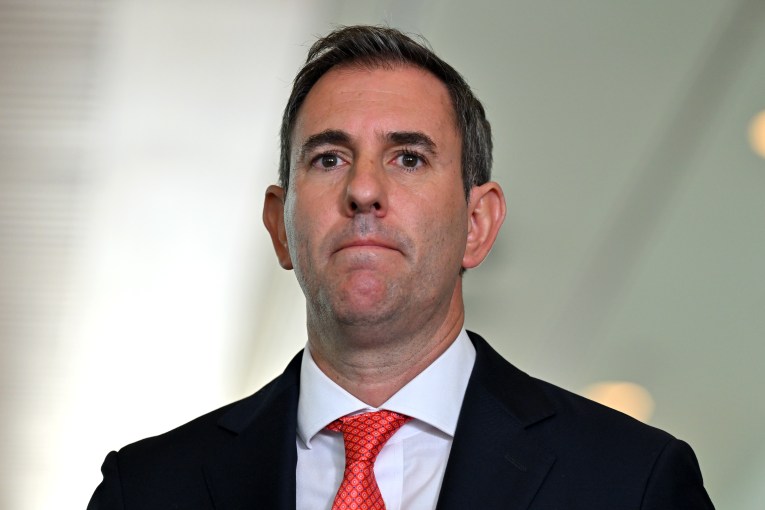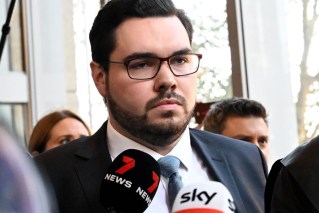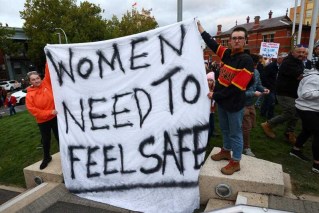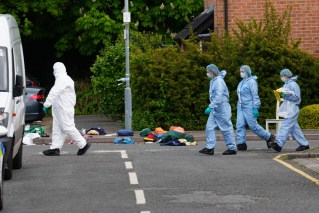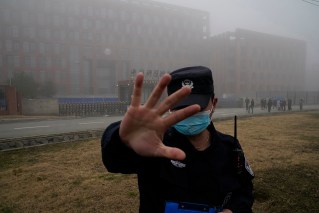Why doesn’t Australia have mRNA vaccine factories yet?

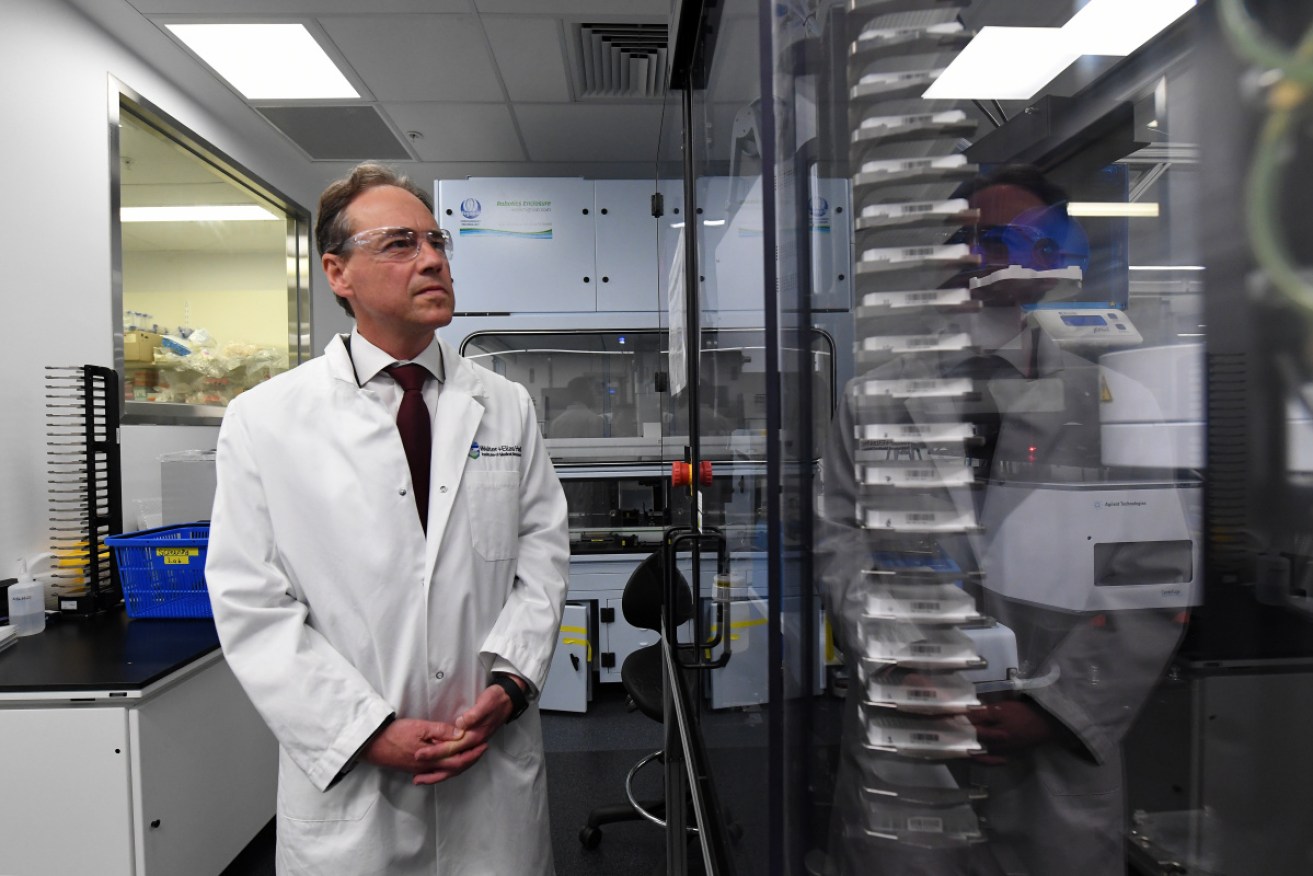
Health Minister Greg Hunt says Australian companies are interested in producing the mRNA vaccine type. Photo: AAP
Australian companies have a “very high interest” in making cutting-edge mRNA vaccines like the Pfizer or Moderna jabs, but we’ll be waiting until at least 2022 for those jabs to roll off production lines.
Health Minister Greg Hunt said the government is investigating a business case for making such vaccines onshore, but the Opposition has slammed the government for not moving faster.
With Australia’s reliance on AstraZeneca’s COVID jab called into question after medical advice it no longer be the recommended shot for under-50s, the federal government is facing criticism it should have pursued a more diversified vaccine portfolio.
Labor now claims Scott Morrison has made “no progress whatsoever” in the mRNA field after a year of the pandemic, while the Greens are calling for urgent investment.
“We should be able to make each key type of COVID vaccine here in Australia,” Greens leader Adam Bandt said.
What are mRNA vaccines?
The mRNA vaccines are a new class, never produced successfully until the pandemic, and they can’t be made easily by standard vaccine companies.
Instead of injecting small doses of live virus into your body in an attempt to build up antibodies, as some standard vaccines do, mRNA vaccines send a ‘message’ to the body’s cells on how to produce proteins to fight a virus.
These vaccines are also said to be easier to adapt to new virus variants.

Australia can’t make the Pfizer jab. Photo: Getty
Melbourne’s CSL facility is making the AstraZeneca formula, known as an adenovirus vaccine.
However, neither CSL nor any company in Australia can produce mRNA types at large scale.
“These mRNA vaccines are completely new and you would need to put a lot of investment into plant and equipment here,” Australian National University infectious diseases expert Professor Peter Collignon told The New Daily last week.
“You couldn’t have picked it until December, when the first results came out … That’s not what I would have put my money on six months ago.”
Australian Academy of Science president Professor John Shine said criticisms of the government for not already building such a facility were unfair.
“It’s always easy in hindsight, but if you look back a year ago, at that point there was absolutely no surety the [mRNA] vaccines would work,” Professor Shine told ABC’s Radio National last week.
The Pfizer and Moderna mRNA vaccines have the highest efficacy rates against COVID of any current vaccine, in the range of 95 per cent.
Australia is importing 40 million Pfizer doses from overseas, and has shied away from securing a deal with Moderna.
But following recommendations AstraZeneca not be the primary vaccine for younger people, and forecasts from Pfizer that its vaccine may need regular booster shots, talk about producing mRNA jabs in Australia has intensified.
Government considering mRNA vaccine options
On Sunday, Mr Hunt said Australian companies have a “very high interest” in making mRNA vaccines, but it would require “a significant period of scaling up”.
CSL, he said, was already looking at a mRNA vaccine for influenza.
“[CSL] have said publicly they are also considering moving to an mRNA capacity and others are considering mRNA capacity. So we are doing a business case now to look at that option,” the Health Minister said.
“That scale-up, as everybody has indicated, would take a considerable amount of time and so the fastest way to get vaccines into the arms of Australians is through our Pfizer contract.”
Mr Hunt told Nine newspapers the government wanted to “establish and sustain large-scale mRNA vaccine manufacturing in Australia”.

Prime Minister Scott Morrison received the Pfizer vaccine. Photo: AAP
TND understands CSL is “actively exploring” boosting its mRNA capability.
CSL chief executive Paul Perreault said the company was “thinking about” the “great opportunity” of mRNA.
As first revealed by Crikey last week, consulting firm McKinsey won a $2.2 million federal contract to provide advice “on a business case for an onshore COVID-19 vaccine manufacturing capability utilising an mRNA platform”.
The McKinsey contract, running from December 24 to March 23, began just a month after Pfizer reported Phase III trial results showing a 95 per cent efficacy rate against COVID.
Home Affairs Minister Karen Andrews was, until last month, the minister for science and industry.
She told Sky News that Australia “absolutely” could build an mRNA facility, saying the federal government’s manufacturing strategy roadmap from October had earmarked medical products as a “national priority”.
“One of the things we identified as a sub-sector we needed to look at was mRNA vaccine manufacturing capability. So that work is already happening,” she said in a Sunday interview.
“The funding guidelines are out. Funding allocations will be in the process of being assessed over the next few weeks.”
Why wasn’t the work being done last year? https://t.co/ExBt6DQKNH
— Tim Watts MP (@TimWattsMP) April 18, 2021
Labor’s Tim Watts asked why it had taken so long.
In 2020, Ms Andrews ordered an audit to find if any Australian companies already had mRNA production capabilities.
On Sunday, she said Australia already had the capability to make mRNA vaccines, but the audit found they “don’t have the capacity to produce at scale”.
The new Science and Industry Minister, Christian Porter, told TND the government was “currently working with those organisations to explore whether that capability could be scaled up into the future”, but noted it “would take time to develop”.
